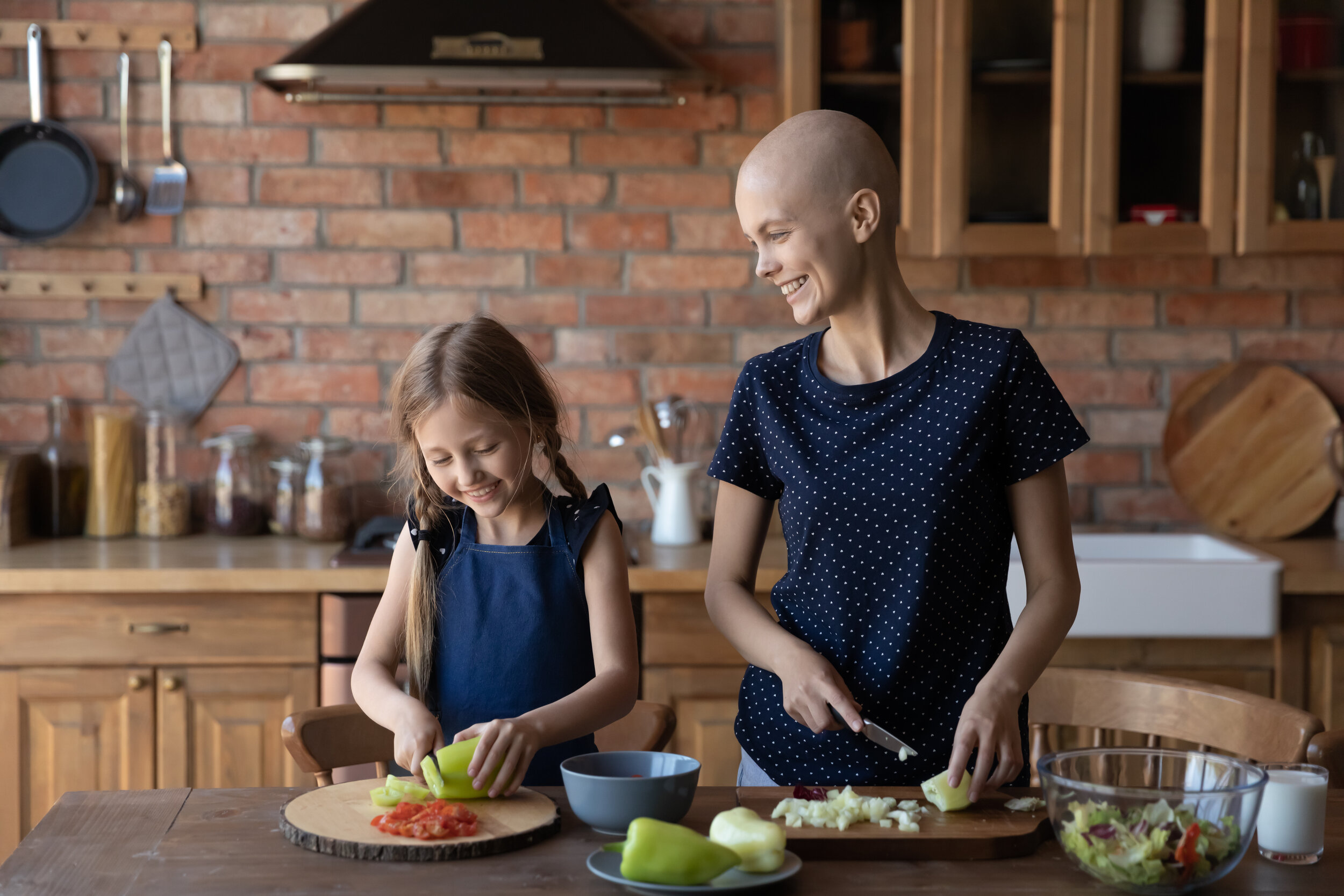Malnutrition And Cancer Treatment
Malnutrition And Cancer Treatment
How Can Cancer And Cancer Treatments Can Lead To Malnourishment
Malnutrition in cancer patients can happen when patients are intaking less energy and nutrition than the amount their body requires. This can quickly lead to unwanted weight loss and a significant decrease in body fat and muscle mass.
What Leads To Malnutrition In Cancer Patients?
When compared to the rest of the population, people with cancer can be at a higher risk of malnutrition. It is important to limit malnutrition and recognize it as early as feasible because malnutrition can influence how our body responds to cancer treatment and subsequent recovery.
For cancer patients, malnutrition may be caused by not getting enough calories, protein, or other nutrients like vitamins and minerals. This is caused by either the disease itself, the treatment of said disease, and/or various other associated complications. Anything that can affect appetite and how the body digests, absorbs, and uses food, can lead to malnutrition. Being malnourished may make patients feel weak or depleted of energy. In some instances, it may lead to disturbances or pauses in the treatments required to fight cancer.
Malnutrition may also result in somewhat longer hospital stays. Another form of malnutrition requires the intake of too many calories, which may lead to weight gain. This may raise the risk of a cancer recurrence, secondary cancer, or another chronic ailment like heart disease or diabetes.
Cancer And Malnutrition Are Often Inseparately Linked Together
The majority of cancer patients suffer from nutritional deficits. As much as 90 percent of cancer patients with cancers of the gastrointestinal tract and 60 percent of those with lung cancer experience some level of malnutrition. Research shows that well-nourished patients can manage to tolerate their treatments better, they have fewer difficulties and they recover faster than patients who are malnourished.
Being overweight or obese affects two-thirds of the U.S. population. The inequality created by eating excess calories is also very prevalent in cancer survivors.
Other Issues That Can Come About As A Result Of Malnourishment
Malnutrition is a frequent problem among patients with cancer. It affects up to 85% of patients with certain cancers. In critical cases, malnutrition can grow to cachexia, a specific form of malnutrition defined by loss of lean body mass, muscle consumption, and impaired immune function. Cancer cachexia is also linked with a reduced reply to therapy, enhanced susceptibility to treatment-related conflicting events, as well as the poor outcome of cancer treatment.
Cancer cachexia is a complex syndrome, which is believed to occur from the actions of both host- and tumor-derived factors. This includes cytokines involved in a systemic inflammatory response to the tumor. Early intervention with nutritional supplementation has been shown to stop malnutrition. It can also change therapy outcomes in some patients.
However, increasing nutritional intake is not enough on its own to prevent the development of cachexia, reflecting the complex pathogenesis of this condition. Nutritional supplements containing anti-inflammatory agents have been shown to be more beneficial to malnourished patients than nutritional supplementation alone.
Factors That Can Increase The Risk Of Malnutrition
Many factors can increase the risk of malnutrition when you have cancer, including:
Cancer itself and the part of the body where it’s formed. If cancer involves the head and neck or gastrointestinal areas, it may be more difficult to eat and digest food
Cancer treatments such as chemotherapy, radiotherapy, and surgery can increase patients energy and protein needs
Fatigue and loss of energy.
Side effects from cancer treatment may make it more challenging to eat
Stress and anxiety
How To Avoid Malnourishment?
There are no special diets or foods to include or avoid when you have cancer. It is essential to assure to incorporate foods from all major food groups. Your dietitian may recommend less focus on incorporating lots of fruits and vegetables and promote eating more luncheon foods, desserts, full cream dairy foods, and eggs. These foods can help you reach your energy and protein demands.
This may be quite different from your usual eating ways. In some circumstances, it is not probable to meet your nutritional requirements through eating alone. Your dietitian and doctor may suggest the use of a feeding tube or intravenous nutrition to aid your nutrition.
It is significant to let your doctor, dietitian, or pharmacist know if you are taking any nutrition, vitamin, or herbal supplements. Some supplements can sometimes interact with cancer treatments and medications in unwanted ways.

